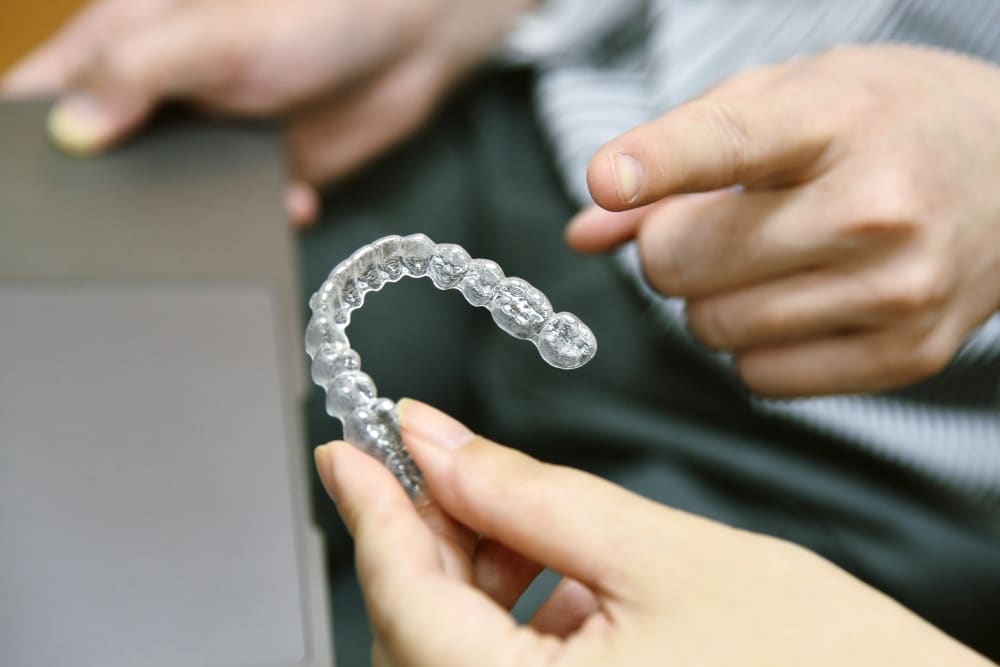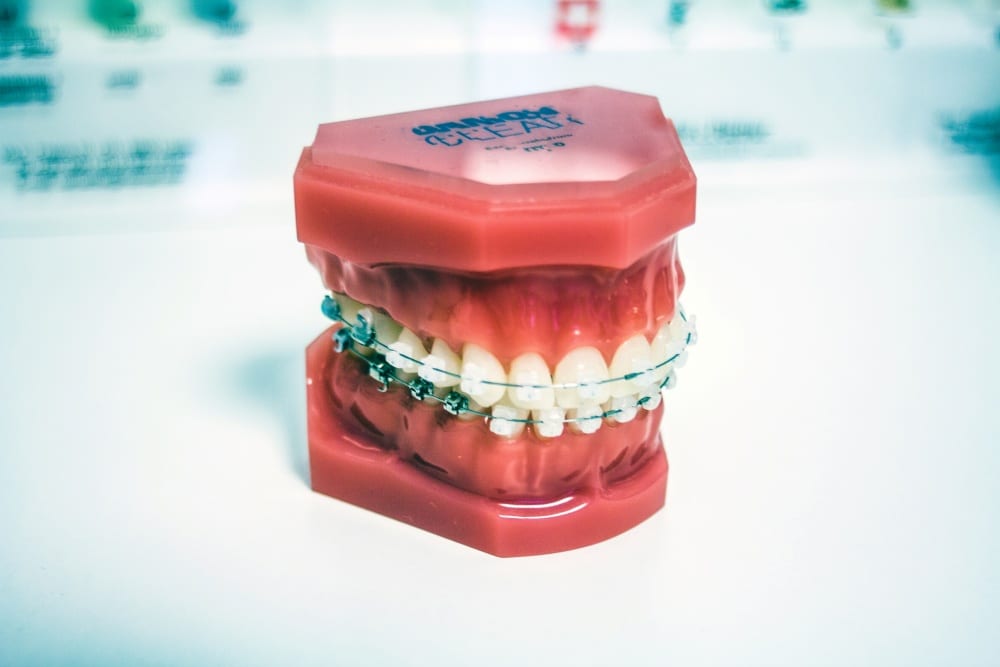
The relationship between Physical, Mental and Oral Health
How mental health affects physical health and vice versa?
Mental health plays a vital role in maintaining physical health and vice versa. People who are depressed go through feelings of anxiousness and stress. They tend to overthink every little thing, which turns their mind into their own enemy. Depression could sometimes originate from an unknown cause or by various reasons such as the death of a loved one, an unhealthy relationship, breakup or divorce, not being able to succeed in life, not being able to excel in studies, loss of a job, financial issues, PTSD, bipolar disorder, PCOs or other diseases such as cancer. A person’s mental health can be poorly affected at any point in life due to any reason but a more significant problem arises when mental health starts affecting the physical and overall health of a person.
People who suffer from anxiety, stress, or depression start losing interest in activities that would usually make them happy. They have trouble concentrating on things and mostly feel fatigued and they either have a loss of appetite or start overeating along with the disturbances they face in their sleep cycle. They also become very cranky, irritable and restless which leads to a lack of interest in the daily routine activities such as taking care of their personal hygiene, for example, taking a shower, brushing hair and teeth, etc. which results in health issues.
How is general health linked to oral health?
If someone’s overall health deteriorates, their oral health also gets affected. If a person lacks the will to wake up every day and take care of their hygiene, eventually their health would decline. They might not want to brush or floss their teeth as it is no longer a priority for them. Lack of proper dental care can lead to problems like tooth loss, excessive bacterial growth, halitosis, gingivitis, tooth sensitivity, tooth decay, teeth erosion, mouth and stomach ulcers, oral cancer, diabetes, and other severe oral diseases. These can all affect the overall health of a person again but in a different way. Initially they might have been going through a different physical or mental illness, which leads to oral health problems, resulting in a new problem.
How does stress affect dental health?
Oral health is directly linked to a person’s general health, but it is also related to stress and anxiety. Other factors are directly related to stress but they also cause gum and mouth disease. Some of these factors are smoking, drinking alcohol and using other chewable tobacco products. Suppose a person is not doing well physically and mentally. In that case, they can get addicted to any of these and use it as their escape. They contain harmful products that can damage teeth and cause diseases such as mouth ulcers and cancer.
How do physical and mental illnesses affect oral health?
Physical and mental-health related illnesses require proper treatment with medications. These medicines are sometimes used in a high dose or used for a prolonged time. Some of the medicines can cause xerostomia (dry mouth) which increases the amount of bacteria in mouth and leads to dental problems such as tooth decay, gingivitis, teeth sensitivity and other diseases of gums and mouth.
Good health and healthy teeth
Like altered overall health can damage oral health, good physical and mental health can also help maintain good dental health. A healthy routine is essential in maintaining oral health. It includes having a consistent sleep cycle, a healthy eating routine, and mental and physical needs. A person who is overall healthy is determined to look after their needs. Taking care of their teeth and gums also becomes a habit as these people are socially more active. They would try to avoid bad breath or be conscious about the appearance of their teeth. They brush their teeth at least once or twice a day as it is a part of their routine. They also go for dental checkups and notice if a dental issue arises as maintaining a good health is a part of their priorities.






